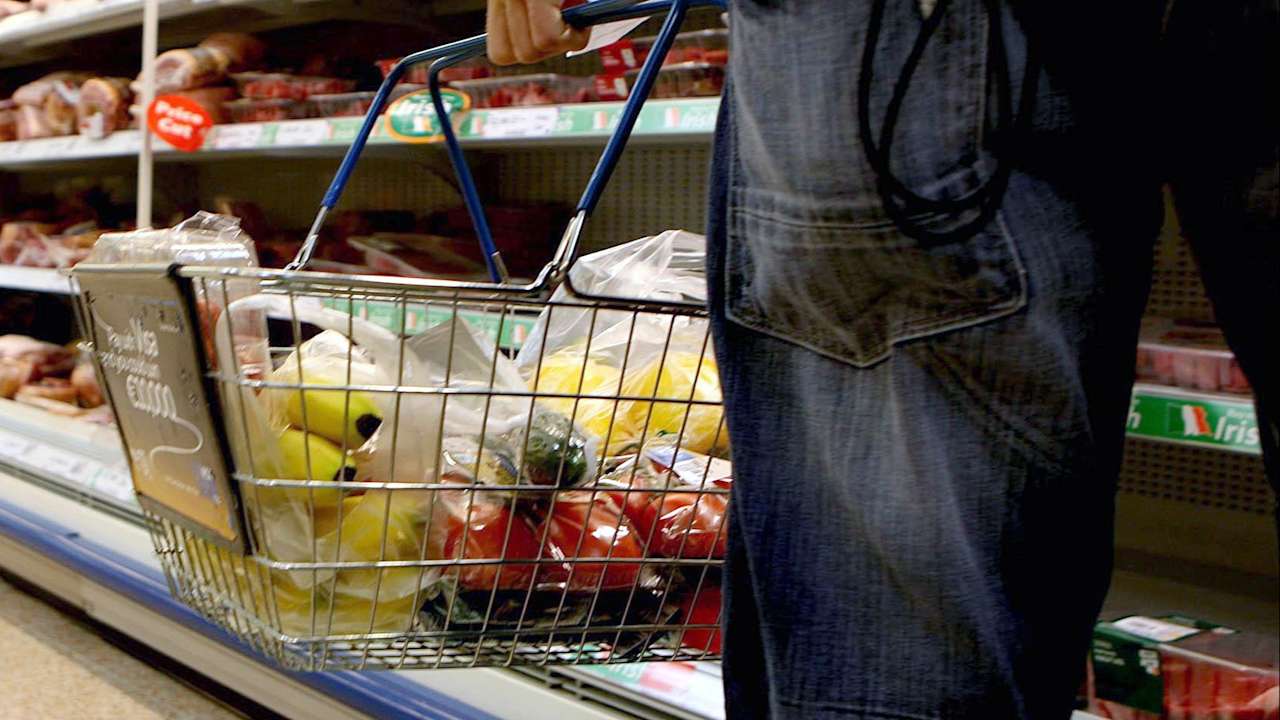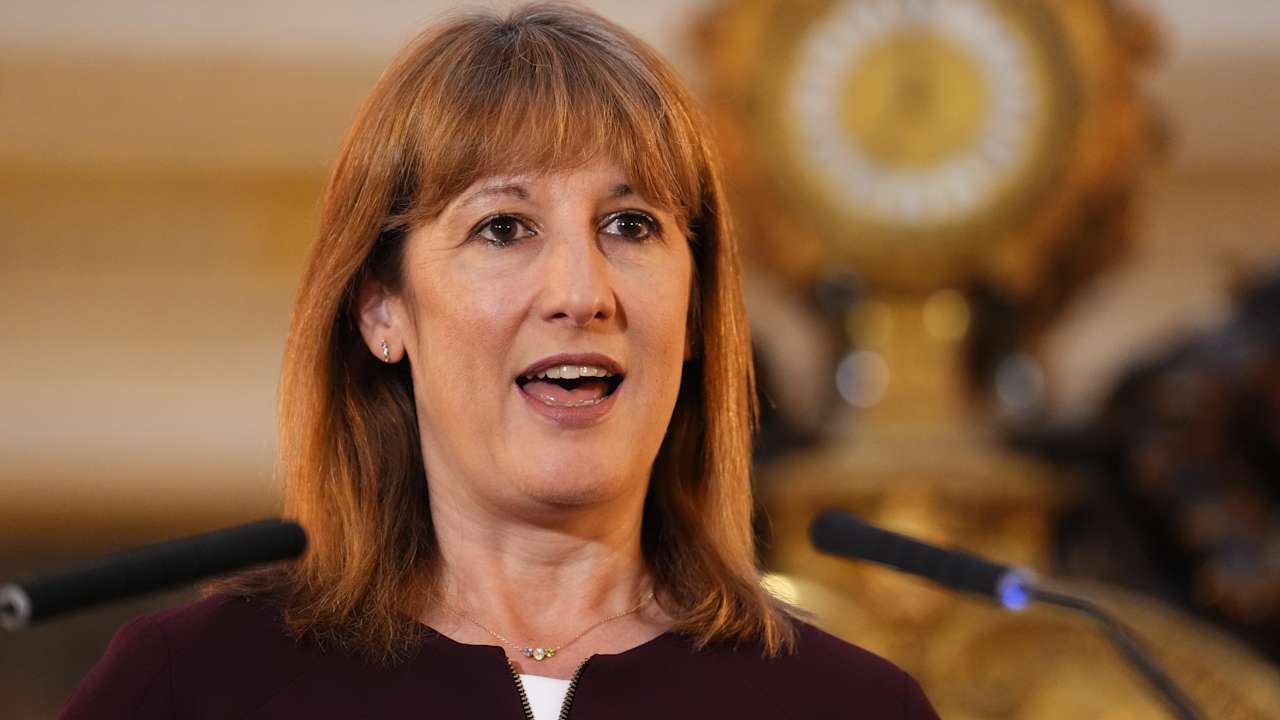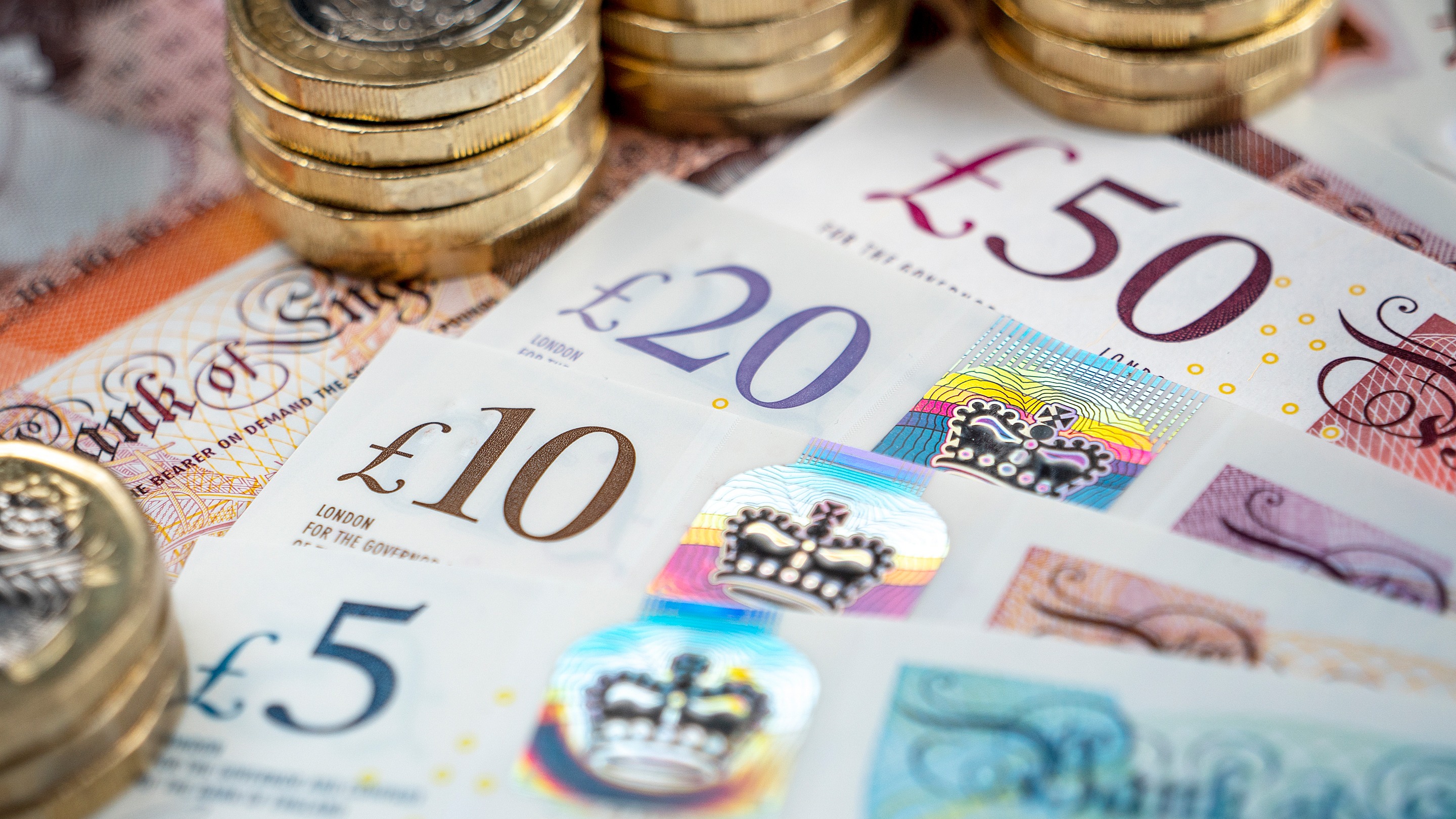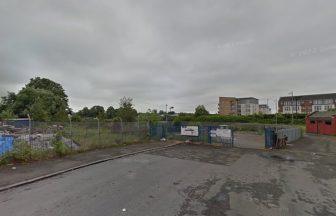ITV News Economics Editor Joel Hills says there are some silver linings to the UK’s latest inflation figures, but Chancellor Rachel Reeves is not satisfied and accepts the average person on the street will still not be feeling better off.
Latest inflation figures show that consumer prices in the UK rose by 3.8% in the year to September.
That’s lower than most economists expected, but still high enough to cause households and businesses discomfort.
The cost of the weekly shop remains significantly higher than a year ago.
There are, however, plenty of silver linings.
Food prices in the shops fell in September, the first monthly drop since May last year.
Across the board, there are signs that inflationary pressures are easing, and September probably marks the peak of this latest wave.
If economists are right, the trend from here should be downward.
The inflation rate in September also sets the annual uplift to benefits, which will help those on the lowest incomes.
But the Joseph Rowntree Foundation warned on Wednesday morning that “the majority of people on Universal Credit cannot afford essentials like food, heating and basic toiletries” – and that will remain the case.
For those in work, the picture isn’t much brighter.
Pay is rising, but not fast enough to make people feel better off.

Adjusted for inflation, weekly wages have grown by just £1.50 since last September – “that’s barely enough to cover the cost of a Greggs sausage roll,” as the Resolution Foundation quips.
“I am not satisfied with these numbers,” said the Chancellor Rachel Reeves.
“For too long, our economy has felt stuck, with people feeling like they are putting in more and getting less out.”
Polls suggest her statement captures the public mood.
The Chancellor wants to see further interest rate cuts and has promised “targeted action” to reduce household bills in her Budget next month.
Her challenge is to do so, while also raising significant sums in tax, and the uncomfortable truth is that some of her policies to date have added to inflationary pressures.

Food prices are still 4.5% higher than a year ago, partly driven by poor harvests around the world and a weaker pound (much of what we eat is imported), but supermarkets are also passing on higher costs from last year’s Budget, including increased national insurance and a higher minimum wage.
The Bank of England expects annual food price inflation to peak above 5% at Christmas.
Overall inflation remains above the Bank of England’s 2% target – and higher than in Spain, Italy, France, or Germany.
We now look a little less of an outlier – but, unless you’re an economist at the Bank of England, there’s not much obvious to cheer.
Follow STV News on WhatsApp
Scan the QR code on your mobile device for all the latest news from around the country


























